To set the context for the ones who are unaware - Lithium reserves were discovered in J&K in February of 2023. In a strangely rapid turn of events, these very resources are to be auctioned off by December of this very year for mining purposes. This should worry everyone, and I do mean EVERYONE.
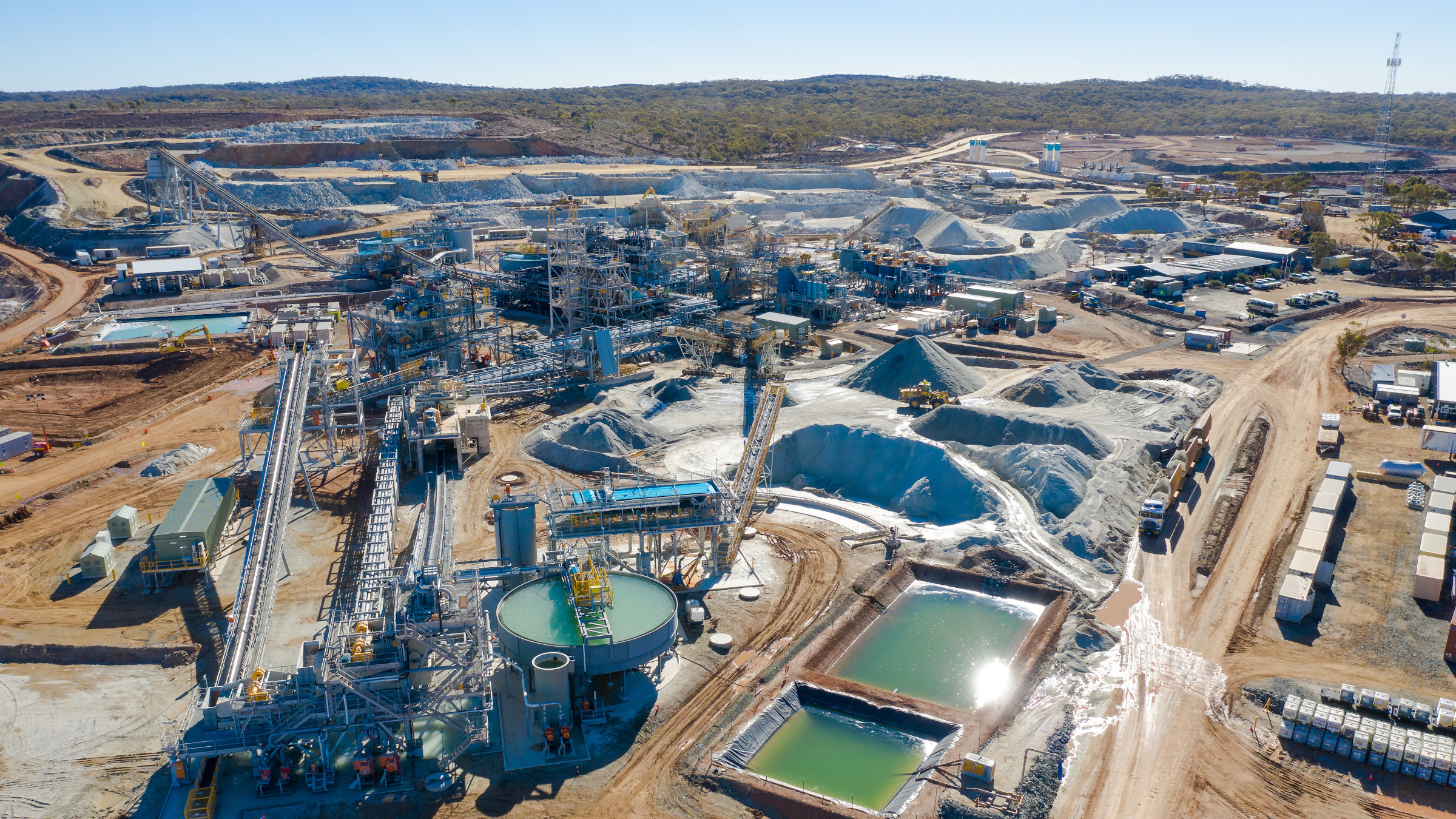
Nastiest business in the world
Lithium mining, a crucial component of the renewable energy revolution, is not without its hazards and environmental concerns. Here are a few things of concern:
Water Pollution: Lithium extraction often involves pumping large amounts of water into salt flats, creating a brine mixture. This can lead to contamination of local water sources due to the chemicals used in the process.
Chemical Use: The extraction process typically involves the use of chemicals, including sulphuric acid, hydrochloric acid, and caustic soda. Improper handling and disposal of these chemicals can lead to environmental contamination.
Habitat Disruption: Mining activities can disrupt local ecosystems and habitats, particularly in sensitive areas like salt flats or desert environments where lithium is often found. This can have detrimental effects on local wildlife and plant species.
Energy Consumption: The process of extracting and refining lithium requires a significant amount of energy. If this energy comes from non-renewable sources, it can contribute to greenhouse gas emissions and further exacerbate environmental issues.
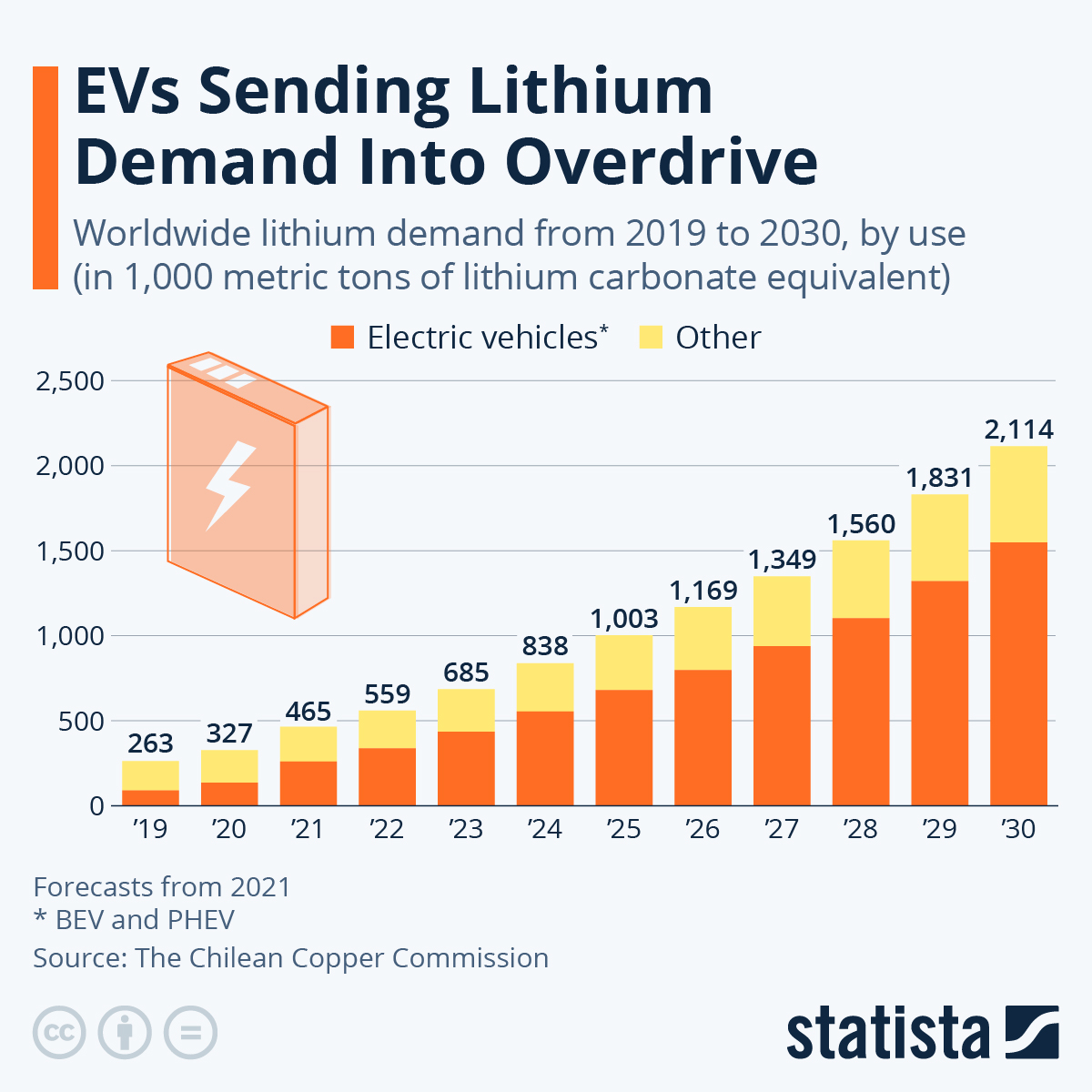
Air Pollution: Dust and particulate matter generated during mining operations can lead to air pollution, which can have adverse effects on both the environment and human health.
Social Impact: Lithium mining can have social ramifications, particularly for communities near mining sites. These may include displacement of communities, changes in traditional livelihoods, and potential conflicts over land and resources.
Transportation Impact: The transportation of lithium and its chemical components to and from mining sites can lead to additional environmental impacts, including emissions from vehicles and potential spills during transit.
Tailings and Waste: The production of lithium can result in the generation of waste materials, including tailings. Improper disposal or management of these materials can lead to environmental contamination.
Water Scarcity: In areas where water resources are already limited, the large amounts of water required for lithium extraction can exacerbate local water scarcity issues.
Long-term Environmental Effects: The full environmental impact of lithium mining may not be immediately evident and can have long-term consequences on the affected ecosystems.
Of freshwater reserves & fragile ecologies:
Jammu & Kashmir hold many glaciers that supply fresh drinking water to a large portion of the Indian population. Ancient mountains like the Himalayas, also have extremely sensitive ecosystems, flora & fauna that have been built over millennia. Opening up these places for mining, without proper ecological studies and damage assessment, wouldn’t be a very smart move.

Lithium mining threatens freshwater reserves, glaciers, underground streams, the rivers they flow into, the aquatic life in it, the crops that will be irrigated by said water, the husbandry and eventually the whole human population who will be in contact with it directly or indirectly, in a very lethal & direct way. We have already seen how rampant urbanisation and industrialisation of Uttarakhand & Himachal have led to unforetold devastation of the landscape, loss of life & livelihood and irreversible trauma to its environment. (Read here) Lithium mining in Jammu & Kashmir will be much much worse if the global horror stories from around the world are anything to go by.
Sacrificing Today for an Uncertain Tomorrow - Horror Stories from across the globe
In the race towards a greener future, the demand for Lithium - the backbone of modern battery technology, has skyrocketed. This surge, driven by the promise of electric vehicles and renewable energy, unveils a harsh reality - the environmental price of our clean energy aspirations.
Australia:
In the heart of Australia's Pilbara region, vast open-pit mines scar the ancient landscape. These mines, the lifeblood of the lithium industry, have transformed pristine wilderness into barren wastelands.
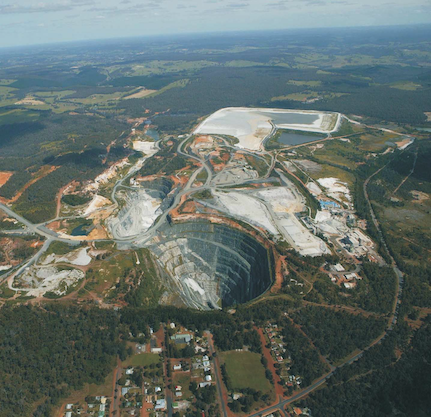
The Greenbushes Lithium Mine, one of the world's largest, now stands as a stark testament to the ecological cost of progress. Once a sanctuary for unique flora and fauna, it has been reduced to a barren expanse, its inhabitants displaced and its ecosystems irreversibly damaged.
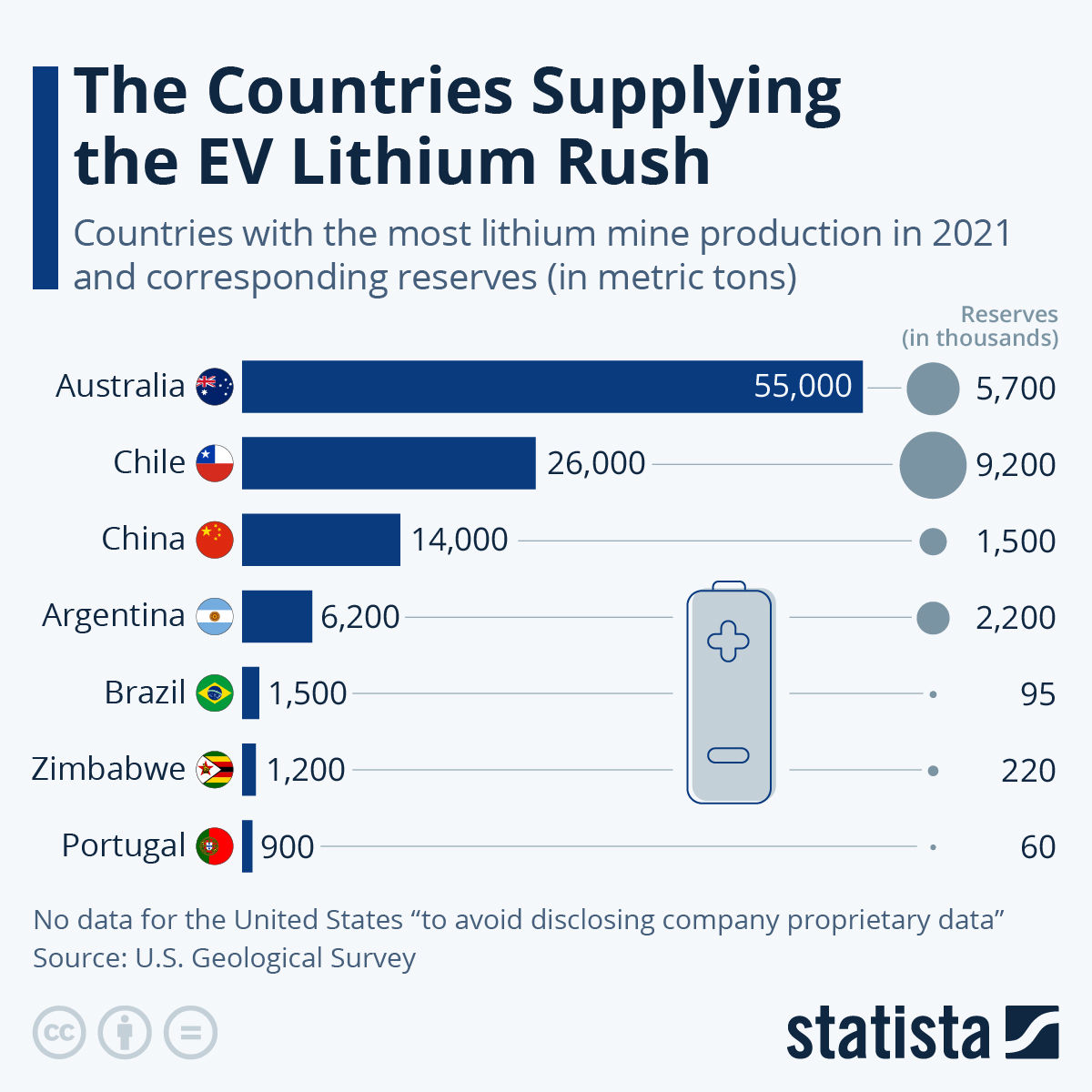
Argentina:
Beneath the arid surface of South America's Atacama Desert lies a hidden crisis. Brine extraction, often touted as an eco-conscious alternative, tells a different story. In Argentina's Salinas Grandes salt flat, the relentless pumping of lithium-rich brine has caused water levels to plummet.
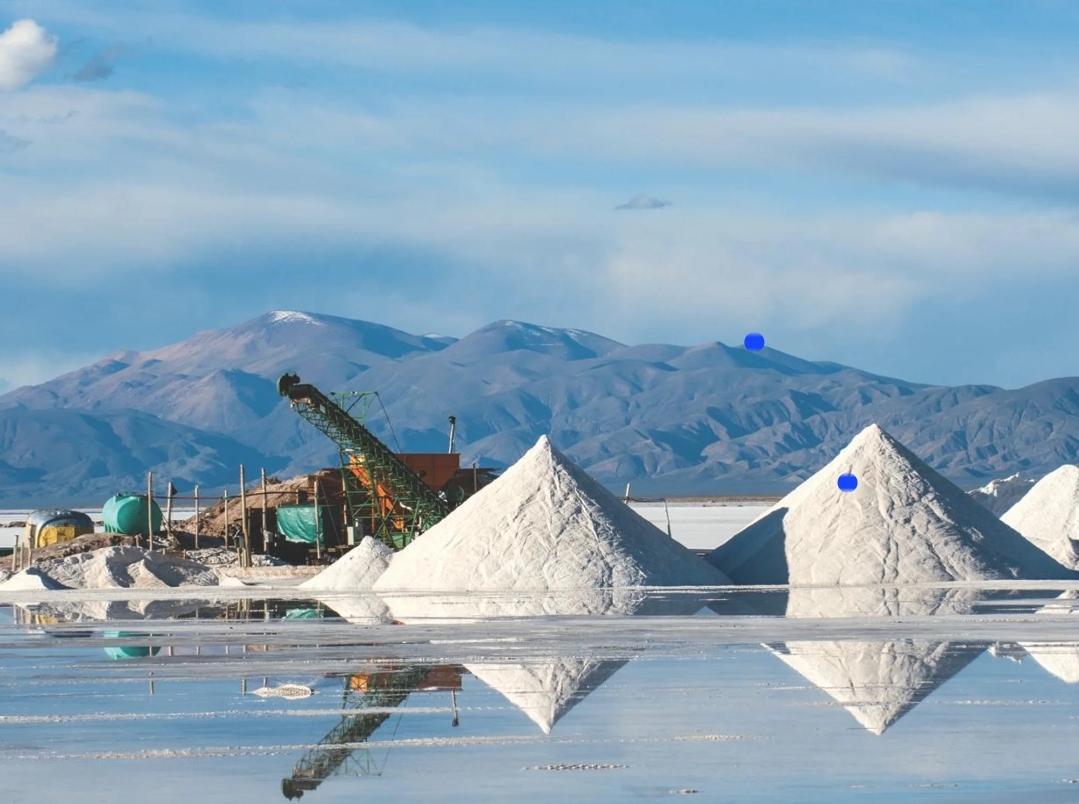
Local communities, whose lives are intrinsically tied to these water sources, face an uncertain future. Crops wither, livestock suffer, and the once-thriving ecosystems teeter on the brink of collapse.
Bolivia:
The environmental consequences of lithium mining are not confined within national borders. The interconnectedness of ecosystems means that damage in one region reverberates globally. Bolivia's Salar de Uyuni, the world's largest salt flat and a hotspot for lithium extraction, bears witness to this reality. As water tables plummet and delicate ecosystems are disrupted, the consequences are felt far beyond Bolivia's borders.
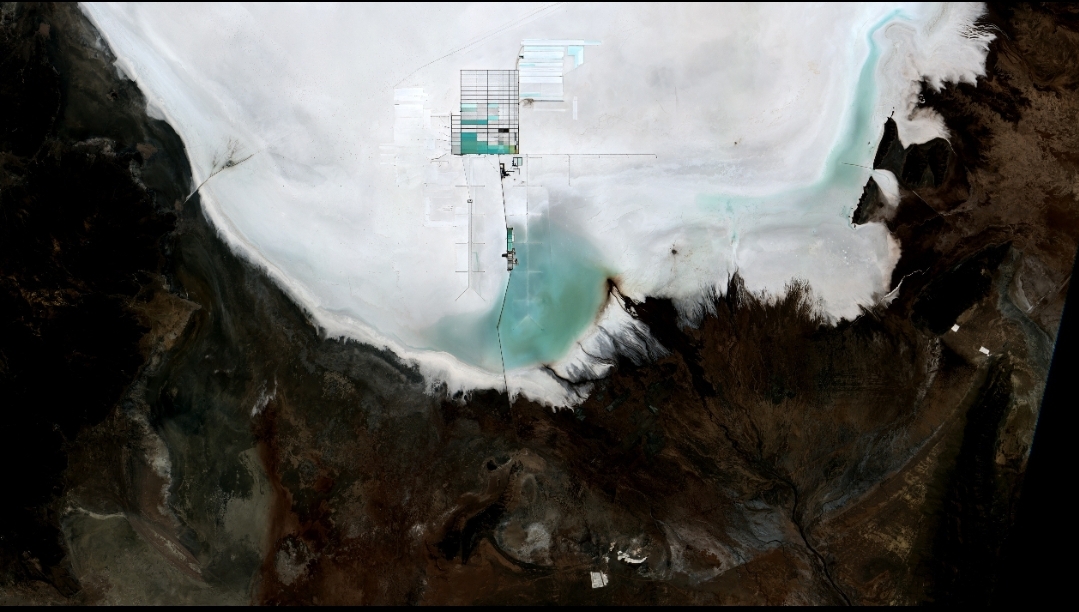
China:
The chemical processes involved in lithium extraction cast a dark shadow over the industry. In Jiangxi, China, the legacy of lithium production looms large. The once-fertile soils surrounding processing plants now bear the scars of chemical contamination. Residents report alarming rates of health issues, raising questions about the true cost of the lithium boom.
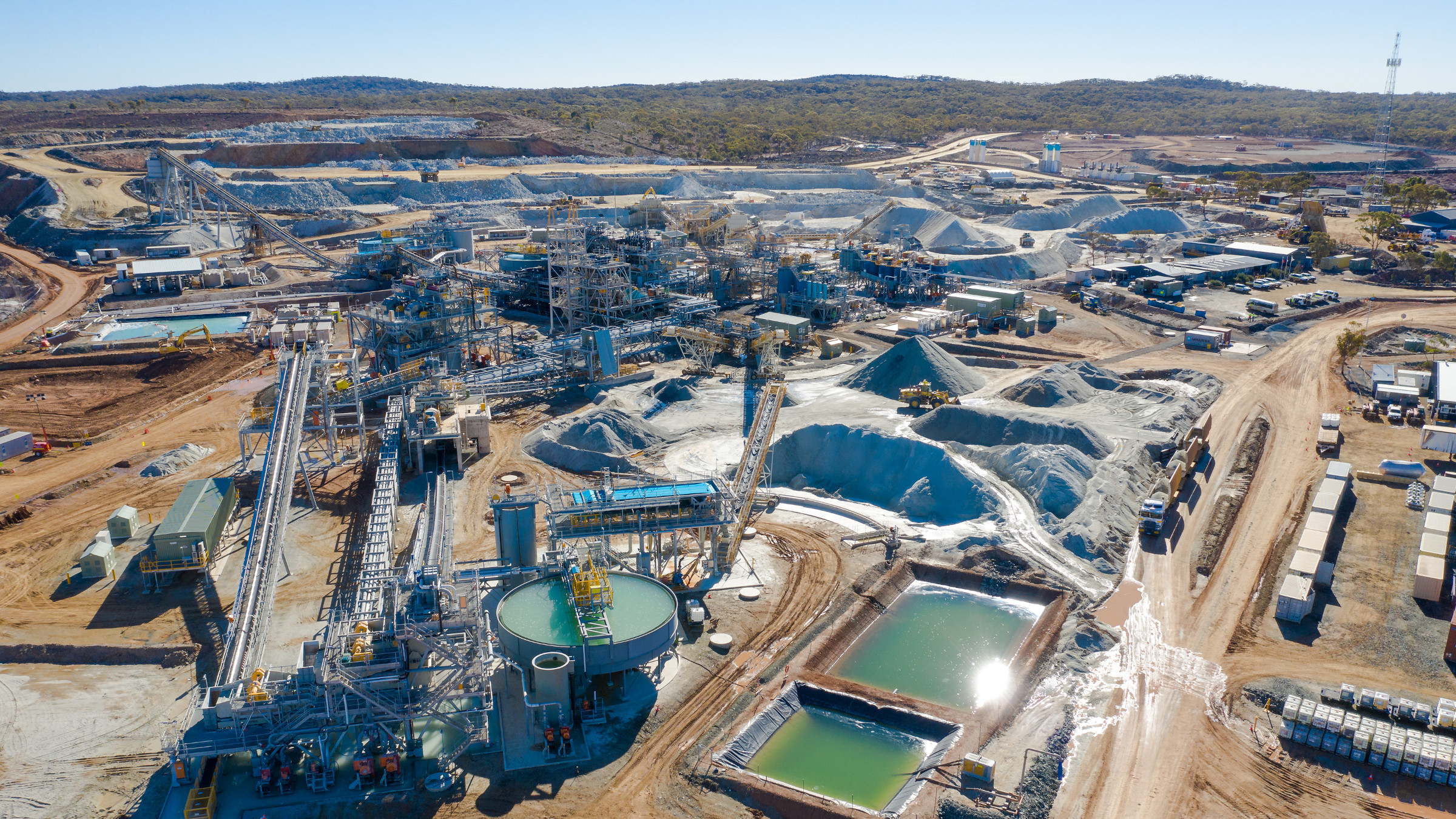
Sweden:
Sustainable alternatives to conventional lithium mining offer a glimmer of hope. In Sweden, the Boliden mine is pioneering closed-loop recycling techniques. By repurposing spent lithium-ion batteries, they not only reduce the demand for fresh extraction but also mitigate the environmental impact of mining operations.
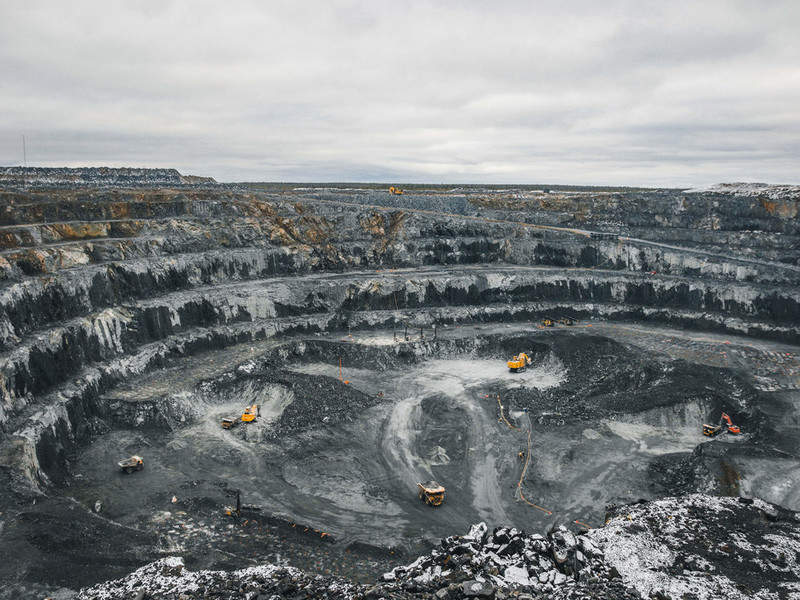
Yet, the path to a sustainable lithium industry is fraught with challenges. Corporate accountability and government oversight are paramount as the international community fails to rally for responsible mining practices and ensure transparency in an industry that wields tremendous power.
The‘Clean Energy’ Paradox
In this quest for a greener future, we must confront the stark reality of the environmental perils of lithium mining. Investigating the hidden costs reveals a complex narrative of progress and sacrifice. It is our collective responsibility to demand change, to hold industry stakeholders accountable, and to ensure that the pursuit of clean energy does not come at the expense of our planet's delicate ecosystems.

In our fervent pursuit of a cleaner, more sustainable future, we stand at the precipice of a sobering reality: the very actions meant to liberate us from fossil fuel dependency are casting a long, dark shadow over our present planet. And we are about to unleash these horrors on the untouched ecosystems of the Himalayas in Kashmir.
Across the globe, the clamour for lithium, the linchpin of modern battery technology, has become a crescendo. The promise of electric vehicles and renewable energy is tempered by the harsh truth - our aspirations for a greener tomorrow are tethered to the environmental toll of today.
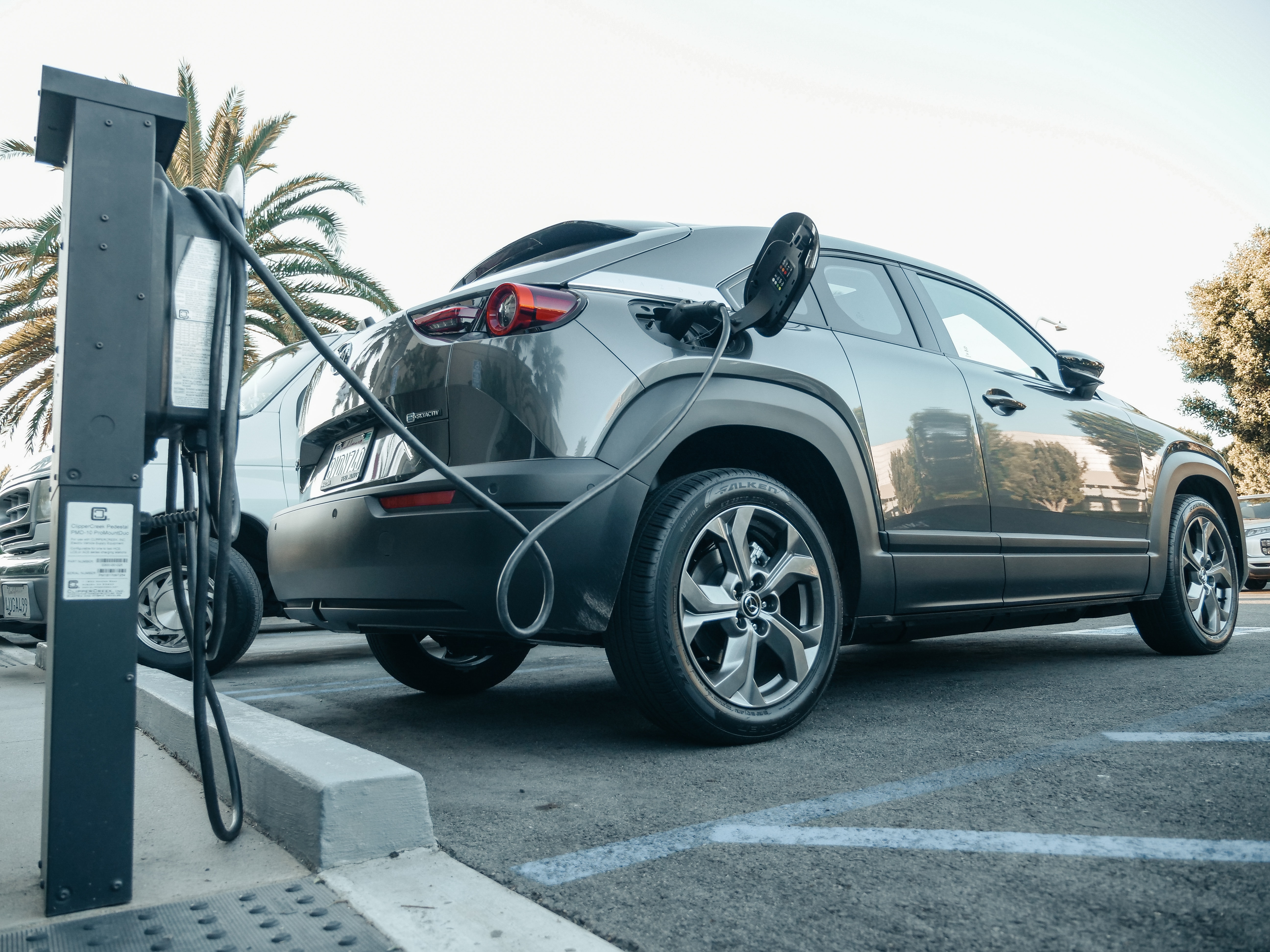
An appeal for reconsideration
The path to a sustainable future is not without its hurdles. The mantle of responsibility rests on the shoulders of the citizenry, industry stakeholders and governments alike. Enforcing responsible mining practices, ensuring transparency, and prioritising ethical supply chains are imperatives in this journey.
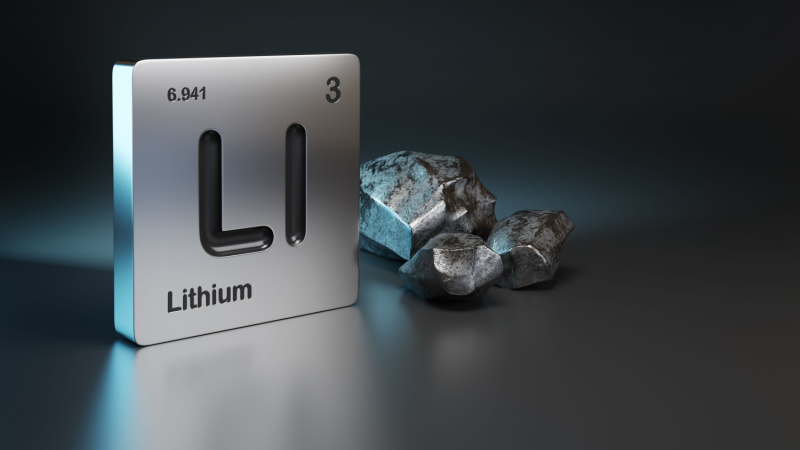
Today, we find ourselves ensnared in a Catch-22: to embrace a cleaner future, we must confront the harsh realities of our present. It is a stark reminder that the choices we make today echo far beyond our lifetimes. We stand at the crossroads of progress and preservation, a defining moment in our shared history. And the time to reconsider is now. Should we expose our mountains to further torture? Did we learn nothing from the catastrophes of Uttarakhand and Himachal? Are we willing to destroy our beloved Himalayas in the name of profit and progress? Should we? Is this race to the future worth destroying the past & the present over?
These are questions for you, and your future generations. Capitalistic endeavours have always won over environmental cautions. But can we, for once not be wiser after the fact and just let our mountains be?
By Abhishake Das
*The views expressed in this article are personal. They do not reflect the opinions, beliefs, or positions of Vygr and Vygr Media Private Limited.









